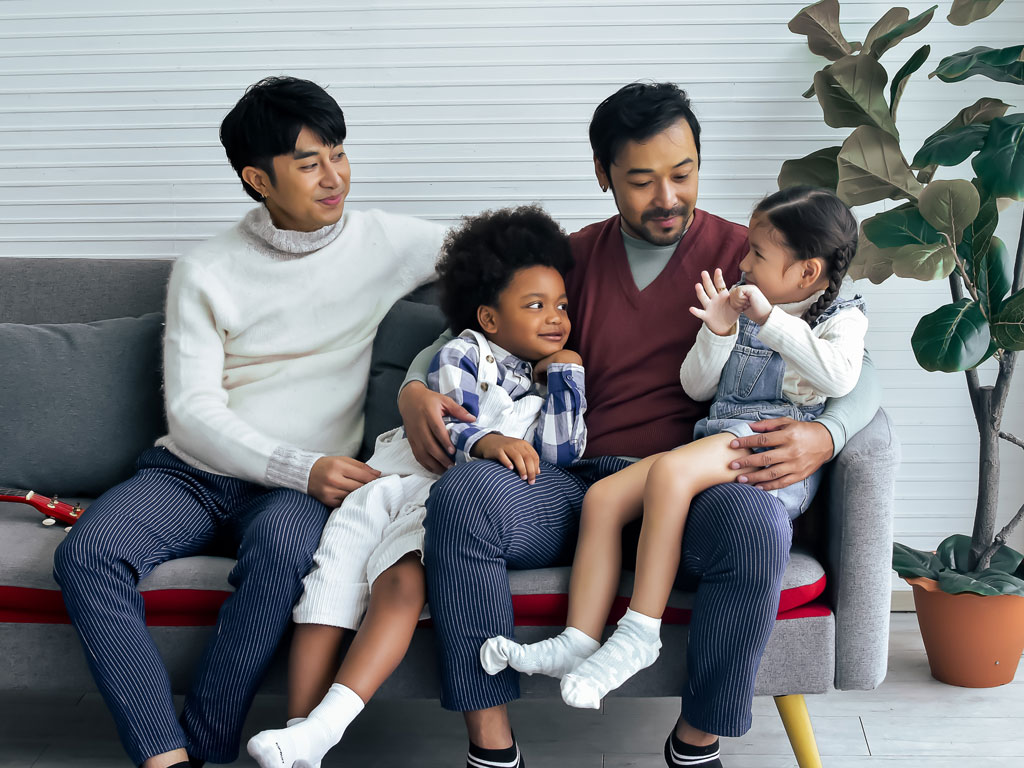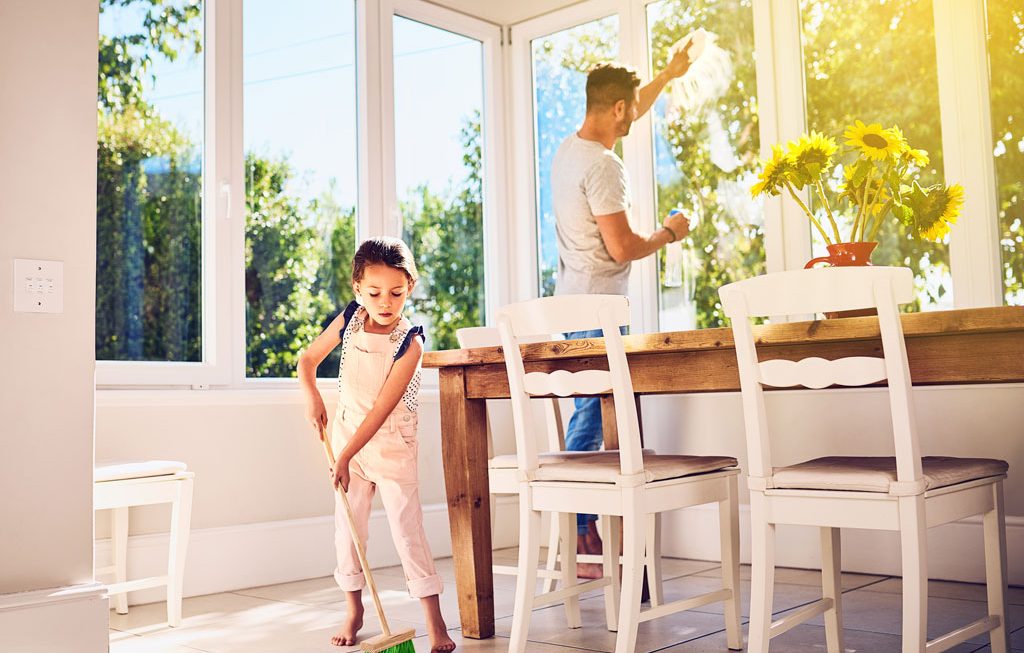by Makayla Dilliner
ʻOhana is a Hawaiian word that, while most can recognize its meaning, only some are privileged enough to live out the word. There are many keiki who are not able to reside in the safety of their parents. Yet, the thrill and love of being a parent reaches far beyond the bond between biological circumstances. It doesn’t take being from or living in Hawaii for parents to agree that there is no limit to the love that one can have for their children. Biologically bonded or not, your child is forever yours.
When choosing to add a new member to the family, there are different paths to completing this goal. Likewise, there are different paths to putting children up for adoption or in foster care. Both adoption and foster care are options for keiki to go home to loving families.
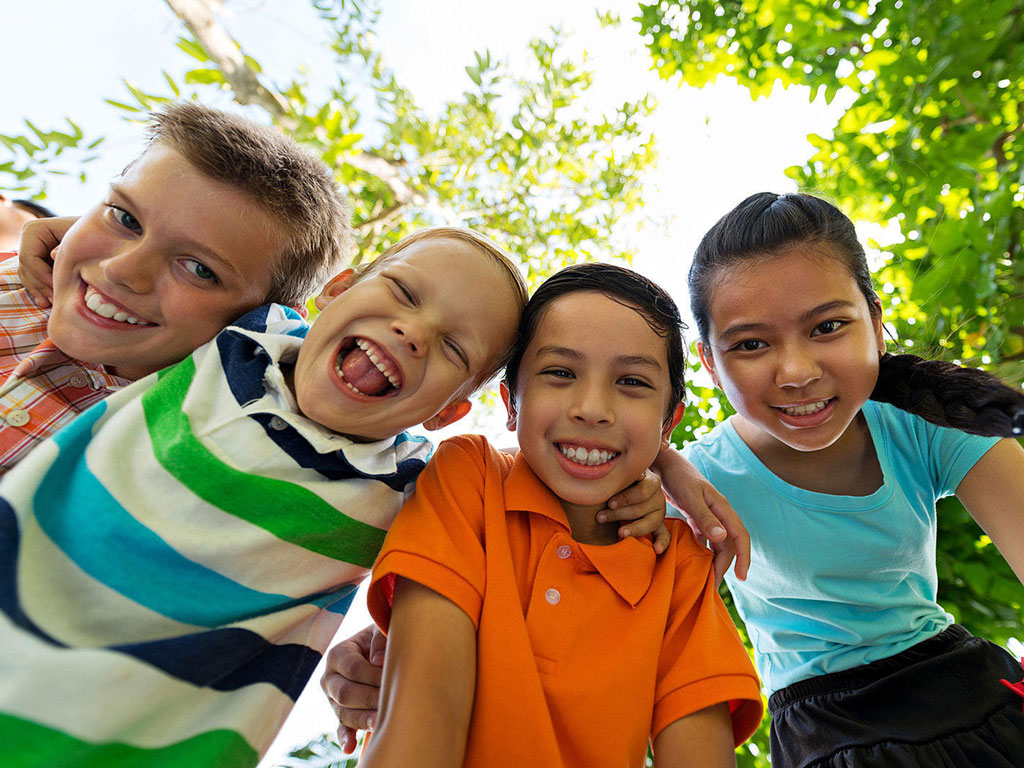
What is foster care, and what is adoption? There are many differences between the two. Adoption is the act of legally obtaining a child and raising the child as your own. It is a permanent transition and process. At times, the biological parents are able to choose the prospective family of their child when the mother is still pregnant. On the other hand, foster care is intended to be a temporary separation between a child and his or her guardian. Parents can work to reunite themselves with their child or children. This ruling of foster care is put in place by the state. With an average age of infant to age 21, it is a system built to ensure the physical and mental wellbeing of the child.
Once a child enters the foster care system, the biological parents have no say over where or who the child is to stay with. A child who is put into the foster care system is placed in state custody but can stay with relatives, in a licensed foster home, or in a residential facility.
Like many foster care cases, the adoption process comes with out-of-pocket expenses for the adoptive parents. If a child is in foster care for 15 out of 22 months, in most instances, a petition to terminate parental rights will be filed. Still, in the first 15 months, states are required to work in order to reunite the child or children with their parents. If within the first 15 months, parents are not able to reunite with their child, biological-parental rights are terminated by a court. The court will then seek an adoptive family for the child. In some cases, the child may already be living with a family that is eligible to adopt them. But they will not be in their official custody or have any parental rights. It is only after the termination of biological parental rights that the child may be adopted by their foster parents. Each state and area may vary on rules and regulations, so be sure to check with your local adoption agency.
Despite the end goal being for children to reunite with their biological family, oftentimes it enables the adoption of the children instead. Likewise, in Hawaii, out of the 2,766 children in the foster care system, 878 of the keiki are waiting to be with their forever ohana. As for me, I was lucky enough to be adopted at the age of three years old. While my parents were sure I was the child for them, as I was with them at 12 days, it was not a simple process of paperwork and documents.
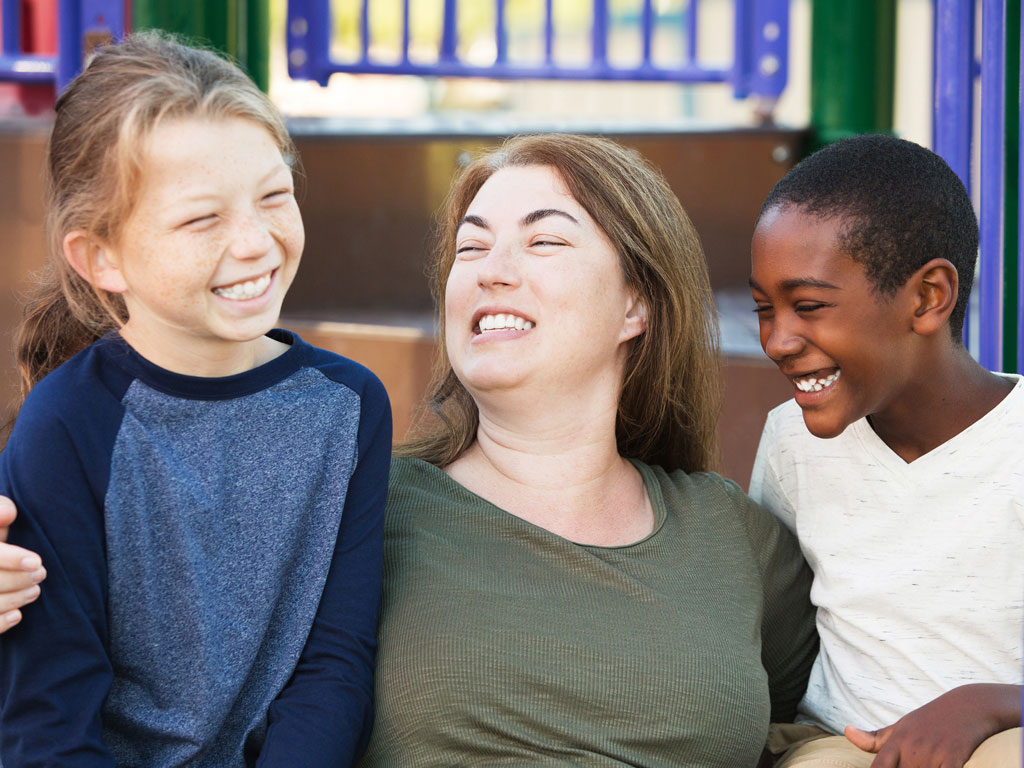
Because I was a foster child, not only did they first become my foster parents, but a two-year-long court battle with a cost of hundreds of thousands of dollars ensued. Was the process of my adoption difficult and frustrating at times? Yes. However, were my parents ever unsure of me becoming theirs? Did they ever think they would lose the fight? Absolutely not.
Overall, adoption, whether it be a foster child or not, can be complicated, scary, even full of uncertainties. Is it the right decision? Is it what the child needs? Is it in the best interest of the child? From my experience with adoption, I can tell you that it is an amazing gift to give to a child who truly needs it. My parents once told me that “a biological baby is made in the womb; an adopted baby is made in the heart,” the older I get the more I believe it to be true. I was born six weeks prematurely with many physical and emotional setbacks. Being born prematurely, I was unable to hear for about 6 weeks after birth. With that came torticollis, anemia, an umbilical hernia and much more. Despite it all, my parents decided to bring me into their home and love me just as their own child. It was and is a special love that needed proper care and consideration because I had physical setbacks. While I don’t know how this special love is acquired, I know it is something that parents, especially mine, offer.
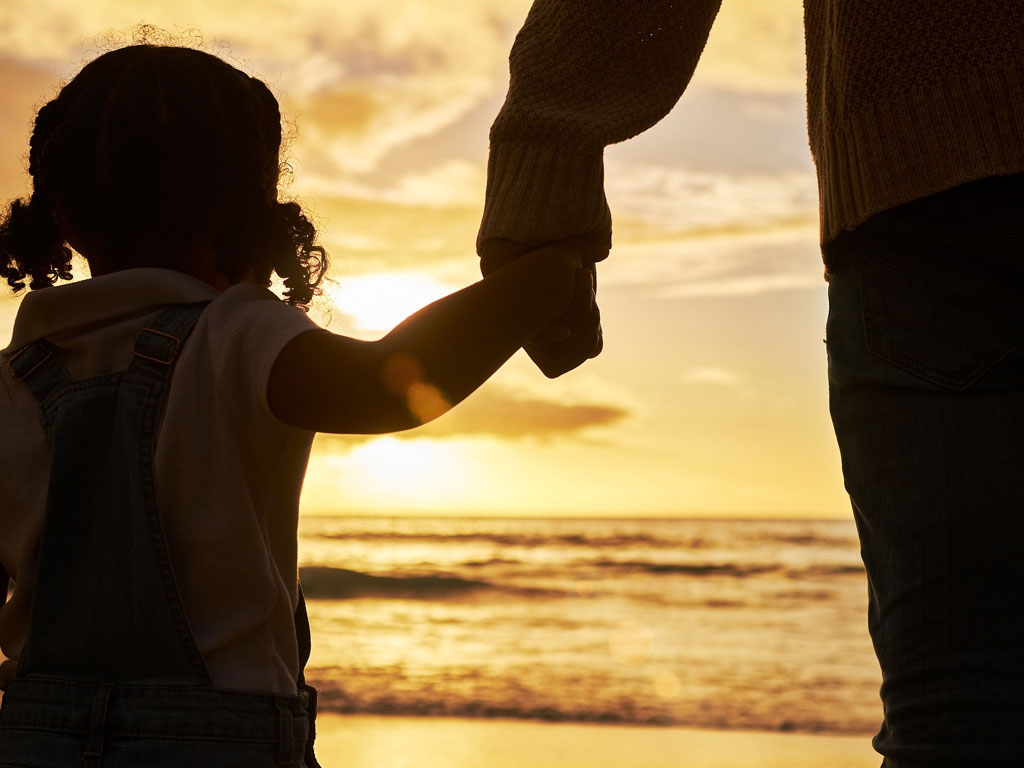
Not only was my biological mother glad to see me go to a loving hale (home), she was even more grateful for this to go into effect. While I did not know my biological mother, I know she loved me enough to make a decision that is painful for many mothers all over the world. She gave me up for the betterment of my life. Incidentally, she named me “Dream.” If you are unsure whether or not to adopt a child, consider how it will affect him or her, or even them!
While the data may give us information on adoption and foster care, the children who are involved are more than just a number. As many of us can agree, it may be so difficult to be unable to call two people your parents in a forever home. To most, family is an important part of a fulfilling and loving life. In Hawaii, ʻohana is a fundamental element that many can say they have. ʻOhana is something that can be achieved through not only blood or biology but love and acceptance.


